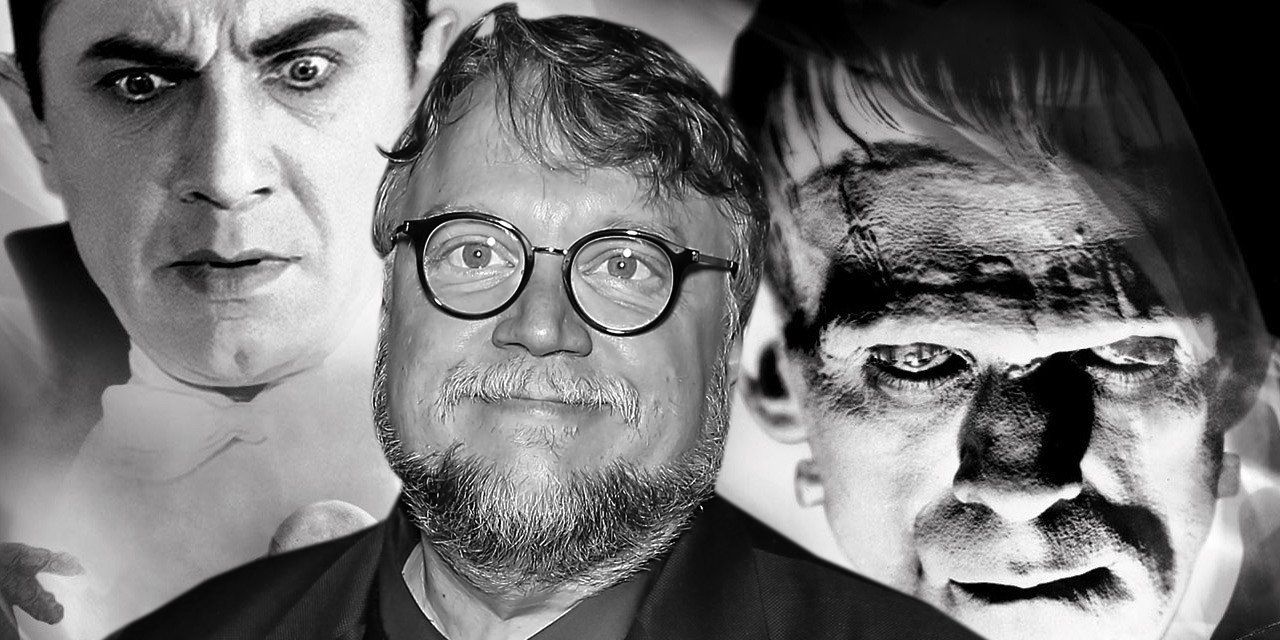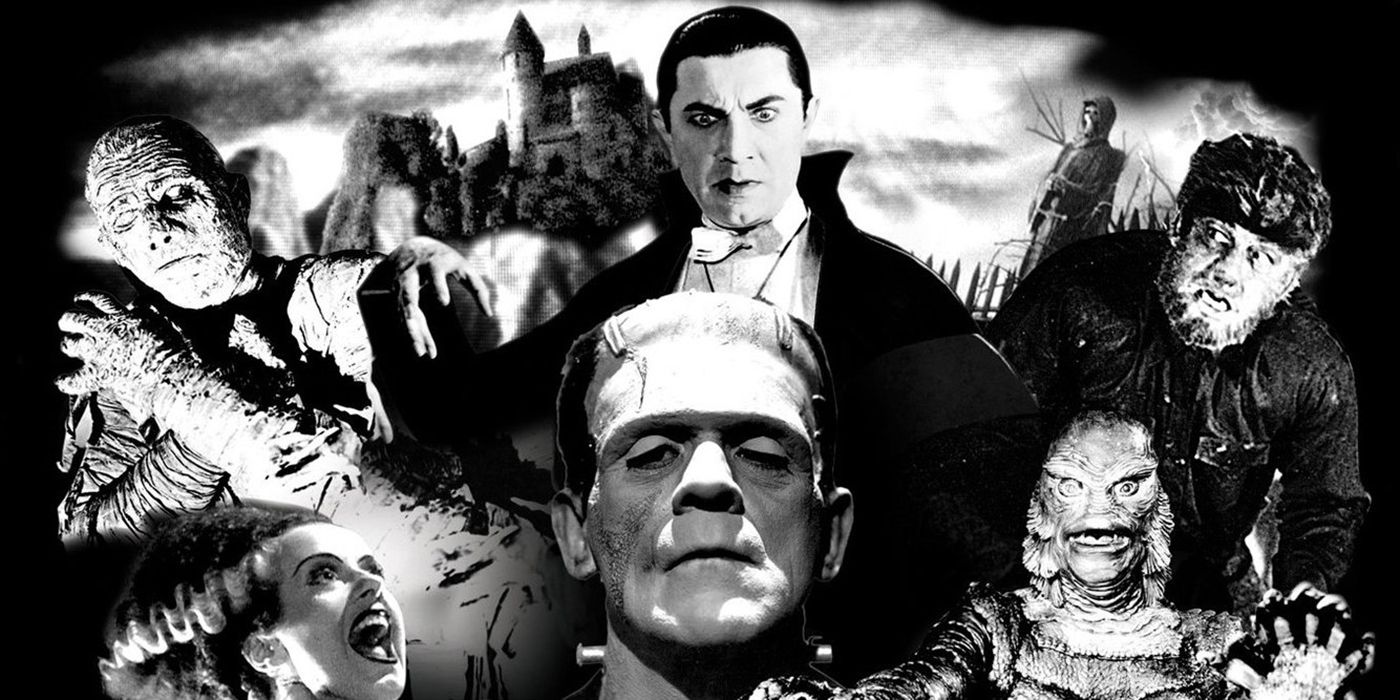The Shape of Water co-writer and director Guillermo del Toro has some theories on why classic monster movie characters aren't working for modern audiences. Without question, del Toro is one of the most passionate filmmakers of his generation when it comes to creating original movie monsters, a gift he immediately exhibited in his vampire-influenced directorial debut Cronos in 1993. Since then, he's created such stunning creatures as Fauno and Pale Man for Pan's Labyrinth, as well as the monolithic seas creatures the Kaiju for Pacific Rim.
Also with such horror thrillers as The Devil's Backbone and Crimson Peak to his credit, it shouldn't come as a big surprise that del Toro was heavily influenced by the classic monster movies of old, including Universal Pictures' time-honored characters ranging from Frankenstein's monster to the Creature from the Black Lagoon. The Creature, in fact, provided del Toro the inspiration for his new film - the Cold War-era romantic fantasy The Shape of Water, where a mute woman (Sally Hawkins) finds a kinship with Gill-Man-like creature from the Amazon being held captive in a secret government lab facility and subjected to cruel lab experiments.
Related: The Shape of Water Was Almost in Black and White
While del Toro has found critical acclaim and box office success over the years with his original creations, the monster movie genre that fueled his imagination sadly has not. In an exclusive interview with Screen Rant to talk about The Shape of Water, del Toro gave his insights as to why he thinks the classic monster movies reboots just aren't moving audiences they way their predecessors used to:
SR: I see your passion and love for classic horror movies, the fingerprint on this all the way. Why do you think classic horror movie characters haven’t worked out so well in the modern era of filmmaking?
Guillermo del Toro: I think that there is a postmodern attitude towards the genre that tries to disarm or disassemble the genre in a postmodern way and I think that when you approach characters with earnest love, it’s a lot less safe because you’re not above the material. You are high on your own supply and it’s easier to be ironic, so I think that’s part of it. But then you have ambivalent things like Jordan Peele nailing it and making it not ironic, but reflexive. And he’s a fusion of reverence and intelligence. It’s a good year for the genre for sure.
In short, del Toro clearly possesses the critical element need for not only monster movies, but any movie to work, which is a vested interest in the material and a passion to see the vision through. He's certainly had the passion for remaking films like Creature of the Black Lagoon, which he pitched to Universal at one point; and later, when he did have the chance about a decade ago to make a new series of films based on Universal's classic monsters, he turned it down (a decision that he now regrets).
In all likelihood, some of that regret extends from seeing the shaky start of Universal's Dark Universe, which after a critical drubbing and underwhelming box office for The Mummy, has been temporarily put on hold. The idea of the franchise was to create a shared movie universe for some of Universal's classic movie monsters, but presented in a modern setting.
There's no question that del Toro would never have taken the same approach, and properly set the films in period settings - part of the reason The Shape of Water is so effective. With any luck, del Toro will get another opportunity to take over the Universal monster properties and remake them the way they were meant to be remade and keep the essence of the monsters intact, in order to give audiences an appreciation of why the character were so revered in the first place.
MORE: The Shape of Water is a Gorgeous Fairy Tale For Adults


